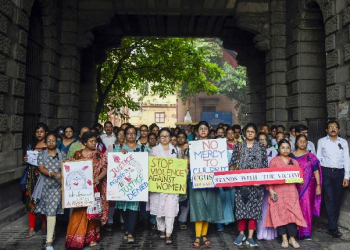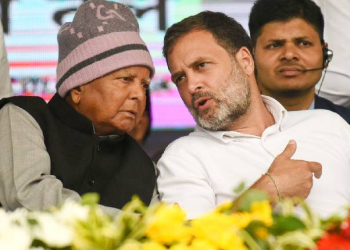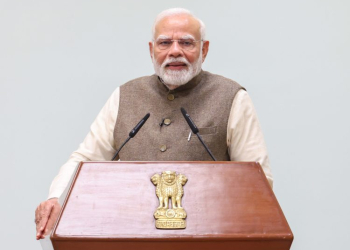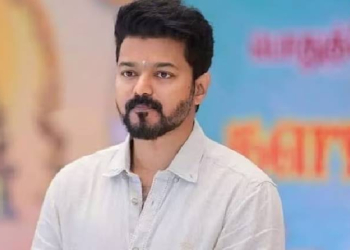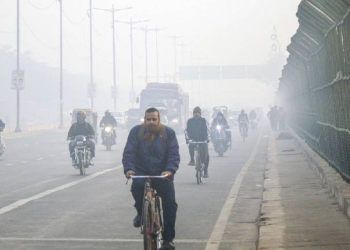New Delhi: A Supreme Court judge on Thursday recounted the ordeal of 14-year-old girl, who was trafficked, sexually assaulted, and her struggle to secure four square meals, during the hearing of a plea seeking an injunction against Bhansali Productions from releasing Alia Bhatt-starrer “Gangubai Kathiawadi”.
Senior advocate C.A. Sundaram, appearing for one of the respondents in the matter, submitted before a bench of Justices Indira Banerjee and J.K. Maheshwari that there is a presupposition that Gangubai has been shown in derogatory manner and the petitioner has not even seen the film. The respondents in the matter are: actress Alia Bhatt, the producers of “Gangubai Kathiawadi”, and authors S. Hussain Zaidi and Jane Borges, who wrote the book.
Sundaram claimed that there is no false representation of Gangubai.
At this juncture, Justice Banerjee said: “If you ask me personally, I have all the respect for women who are pushed into such a part of life.”
She added that she had headed the legal services authority in West Bengal and also chaired the legal aid committee there.
“I came across a trafficked girl and I still get goosebumps… the 14-year-old was not getting four square meals. She was living with her aunt, who could not feed her,” said Justice Banerjee.
She added later the aunt was asked to come to Mumbai for a job, and she went with her over there and in Mumbai, the girl was abused by multiple men on the same night. “Everyone wanted a young girl… some wanted to have unprotected sex with her. She escaped with help of a journalist and was then handed to an NGO. She contracted HIV too.”
She further added, “She caught my hand and said I just wanted to eat. What wrong have I done? This is the plight of people. I don’t look down on anyone.”
Sundaram said if someone shows this kind of story, then how can it be a problem and emphasised on the need to create awareness on these issues. At this, Justice Banerjee replied: “But, I did not reveal the name of the victim or the village name.”
In the context of the film, Sundaram said the movie is the story about a woman beating the odds, and it is a motivating story and there is also a statue of Gangubai. Sundaram added that the petitioner has to prove that he, as a son, is affected due to the depiction of the woman. “What is totally missing in this case is any prima facie evidence that he is an adopted son… showing a ration card is not enough,” he added.
The bench asked the petitioner to show when he was adopted and by what means he was adopted. The petitioner’s counsel said in 1956, adoption by females was not permissible, and in those areas, children were mostly deserted or orphans.
“These were the customs of those areas,” counsel added.
After hearing detailed arguments, the top court junked a plea, filed by Gangubai’s adopted son, seeking an injunction against Bhansali Productions from releasing the film.
Gangubai’s adopted son Babuji Rawji Shah, in the appeal, filed through lawyers Arun Kumar Sinha and Rakesh Singh, claimed that the novel and the movie tarnished his image, his deceased mother and other family members and statements in the plaint satisfy the ingredients, which defines defamation.
The plea said: “Because the high court while keeping the first appeal pending, in the facts and circumstances of the present case, ought to have granted temporary injunction restraining the respondents from printing, promoting, selling, assigning, etc., the novel namely, ‘The Mafia Queens of Mumbai’ or the film, namely ‘Gangubai Kathiawadi’, which are admittedly defamatory in nature.”
The top court was hearing an appeal against the high court order, which continued the stay on the summons issued by a Mumbai court in a criminal defamation complaint against Alia Bhatt, the producers, and authors Zaidi and Borges.
(IANS)



